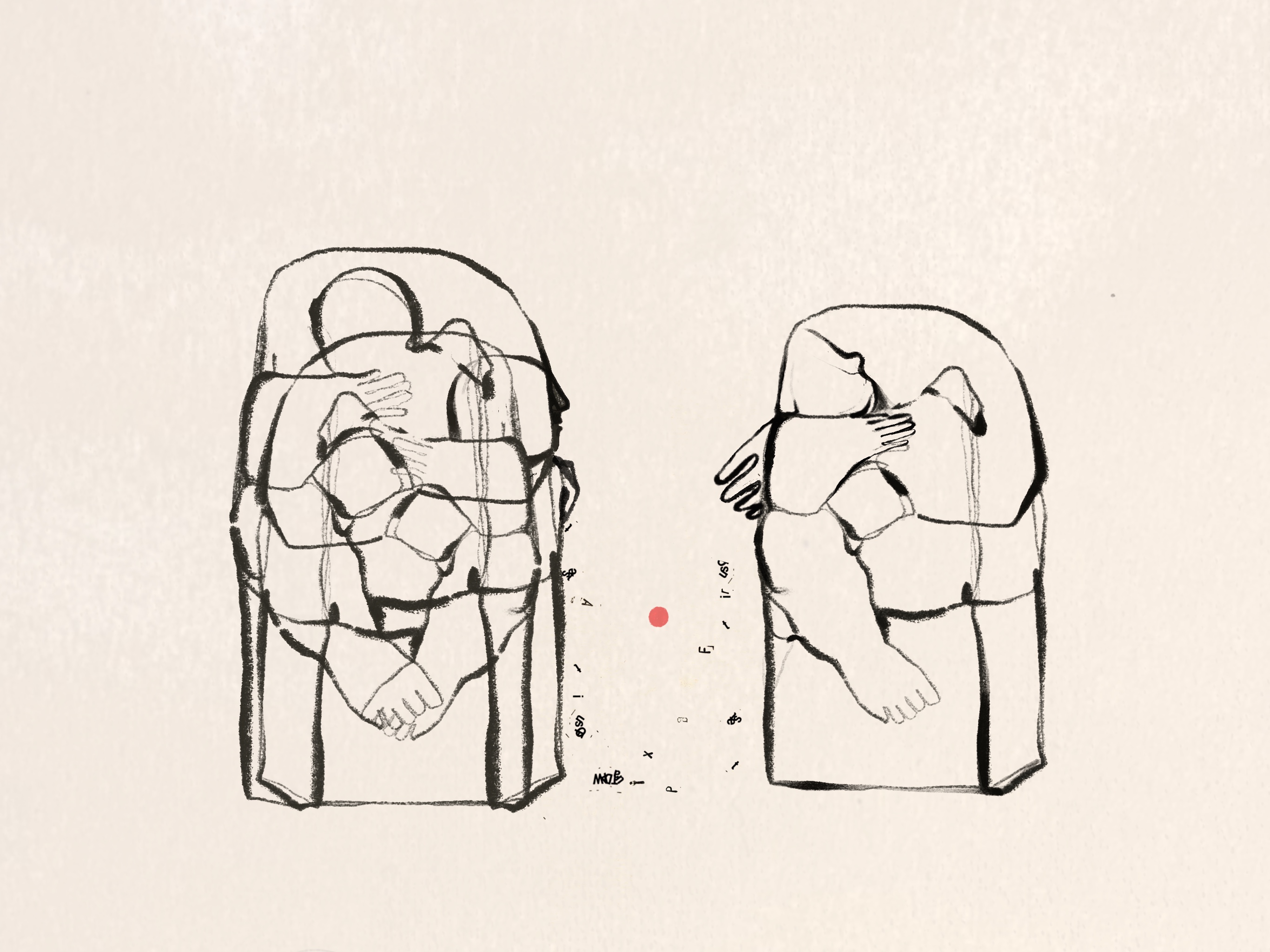By clicking “Accept All Cookies”, you agree to the storing of cookies on your device to enhance site navigation, analyze site usage, and assist in our marketing efforts. View our Privacy Policy for more information.


Empathy is a good thing. It is one of the elements of emotional intelligence, together with self awareness, social skills and others. Empathy is basically feeling another person’s pain (or happiness). But too much empathy can cause stress, it can lead to what is called empathic distress fatigue, and is most common for people in caring roles, including nurses, social workers, and humanitarian workers.
Avoiding burnout, Art Burns says, can be achieved through compassion, rather than empathy. Compassion goes further than empathy because it asks us not just to feel or share someone else’s pain, but to do something about it. It’s a positive emotion and it’s a prosocial emotion.
When we look at the brain, Burns continues, we can see that empathy and compassion are initiated in different parts. Empathy is in the limbic area of the brain, which is the part that automates, that’s where our habits, our reactions happen. It is not something we can control (without training, at least). Compassion, on the other hand, comes from the neocortex, areas of the brain that are concerned with happiness, caring, love. So empathy drains us, while compassion refills us, energises us.
Indeed it’s often suggested that one way to cope with other people’s distress – or the planet – is to get involved, to contribute, because this gives us a sense of agency, of hope. But what happens to our minds and bodies if we are not able to channel our anger at injustices and suffering into any meaningful change? What if our efforts go unheeded?
[Sources: “Empathic Distress”, Showing Up for Life Podcast, EP 90, Art Burns Coaching Podcast and Science Direct]

“We must laugh in the face of our helplessness against the forces of nature — or go insane.” — Charlie Chaplin

“Our natural systems are designed to function perfectly in relationship to one another. It is only when we break these natural systems down into fragmented pieces that the problems begin.”— Sherri Mitchell, Weh’na Ha’mu’ Kwasset

“I have seen that it is not man that is impotent in the struggles against evil, but the power of evil that is impotent in the struggle against man. The powerlessness of kindness, of senseless kindness, is the secret of its immortality.… Human history is not man’s battle to overcome evil. It is a battle fought by a great evil struggling to crush a small kernel of human kindness. But if what is human in human beings has not been destroyed even now, then evil will never conquer.” — Vasily Grossman

"Humility is admitting that I don’t know the whole story. Compassion is recognising that you don’t know it either."— Anon

Xenophile (n.): A person who has a love of foreign people and culture; A person with an interest in celebrating people's differences.

Courage (n.): Mental or moral strength to venture, persevere, and withstand danger, fear or difficulty; the ability to control your fear in a dangerous or difficult situation.